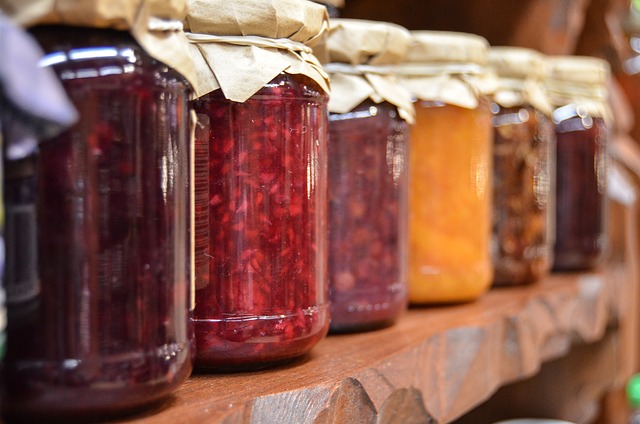Raise a Glass to Good Bacteria: A Beginner’s Guide to Kombucha and Other Fermented Foods
Probiotics. It’s a buzzword that you’ve probably heard before, but what does it really mean? Probiotics are live microorganisms that are beneficial to your health, especially your digestive system. They can be found in certain foods, such as kombucha and other fermented foods.
What is Kombucha?
Kombucha is a fermented tea made with a symbiotic culture of bacteria and yeast (SCOBY). The SCOBY is added to sweetened tea, and over the course of a few days to a couple of weeks, the sugar is consumed by the bacteria and yeast, resulting in a slightly sour and effervescent beverage.
Kombucha has been touted as a health elixir, with benefits such as improving digestion, boosting immunity, and reducing inflammation. While there is still some debate about the specific health benefits of kombucha, it is generally considered safe to consume in moderation.
Other Fermented Foods
Kombucha isn’t the only fermented food that contains probiotics. There are plenty of other options to choose from, including:
- Sauerkraut: Fermented cabbage that is a good source of vitamin C and probiotics.
- Kimchi: A Korean dish made with fermented vegetables, usually cabbage, that is high in probiotics and antioxidants.
- Kefir: A fermented milk drink that is similar to yogurt, but with a thinner consistency and more probiotics.
- Miso: A Japanese seasoning made with fermented soybeans that is high in probiotics and protein.
- Tempeh: A soy-based product that is high in protein and probiotics.
How to Get Started
If you’re interested in adding more fermented foods to your diet, here are a few things to keep in mind:
- Start small: Incorporate one fermented food into your diet at a time, and give your body time to adjust.
- Find what you like: There are plenty of fermented foods to choose from, so try a variety of options to see what you enjoy.
- Read labels: When purchasing fermented foods, look for products that are made with whole, natural ingredients and have live cultures.
- Make your own: Fermenting your own foods at home can be a fun and rewarding experience. You can find plenty of tutorials and recipes online to get started.
The Bottom Line
Probiotics are an important part of a healthy diet, and incorporating fermented foods into your meals is a great way to boost your gut health. While there are plenty of options to choose from, kombucha and other fermented foods may not be right for everyone, especially those with compromised immune systems or certain health conditions. As with any dietary change, it’s always best to check with your healthcare provider first.







